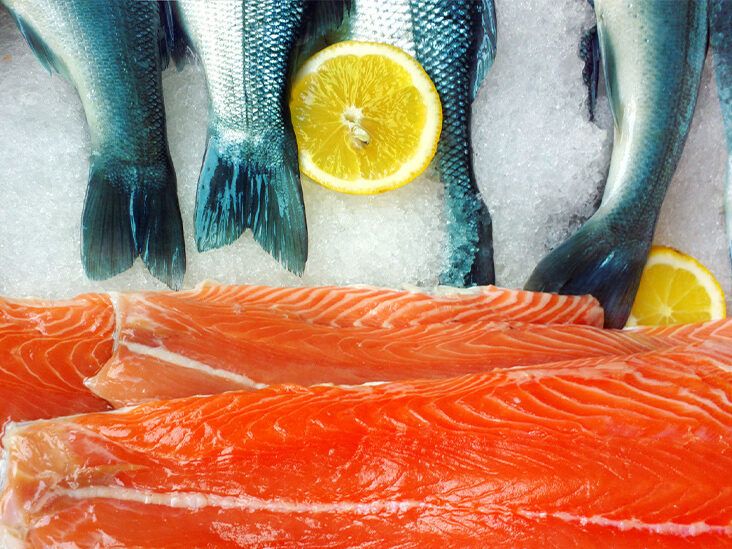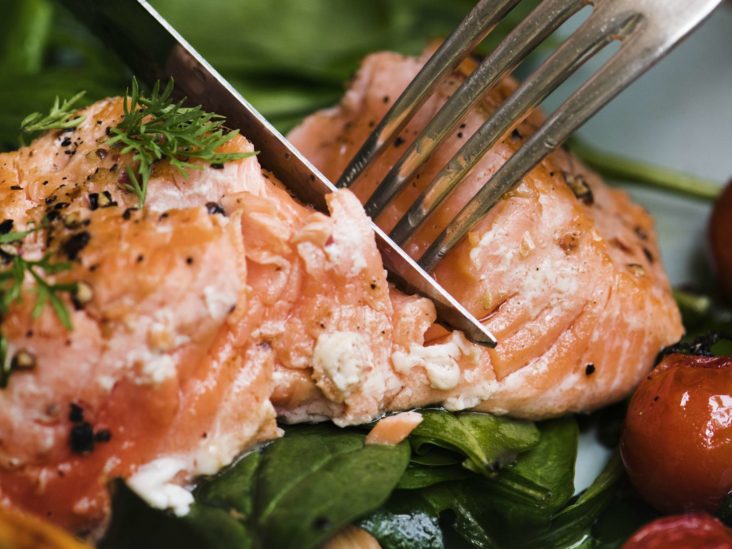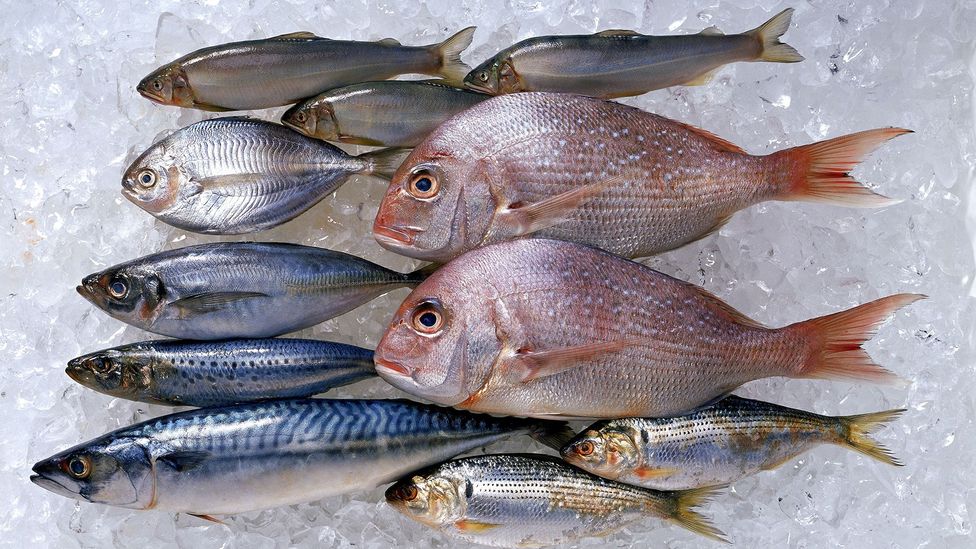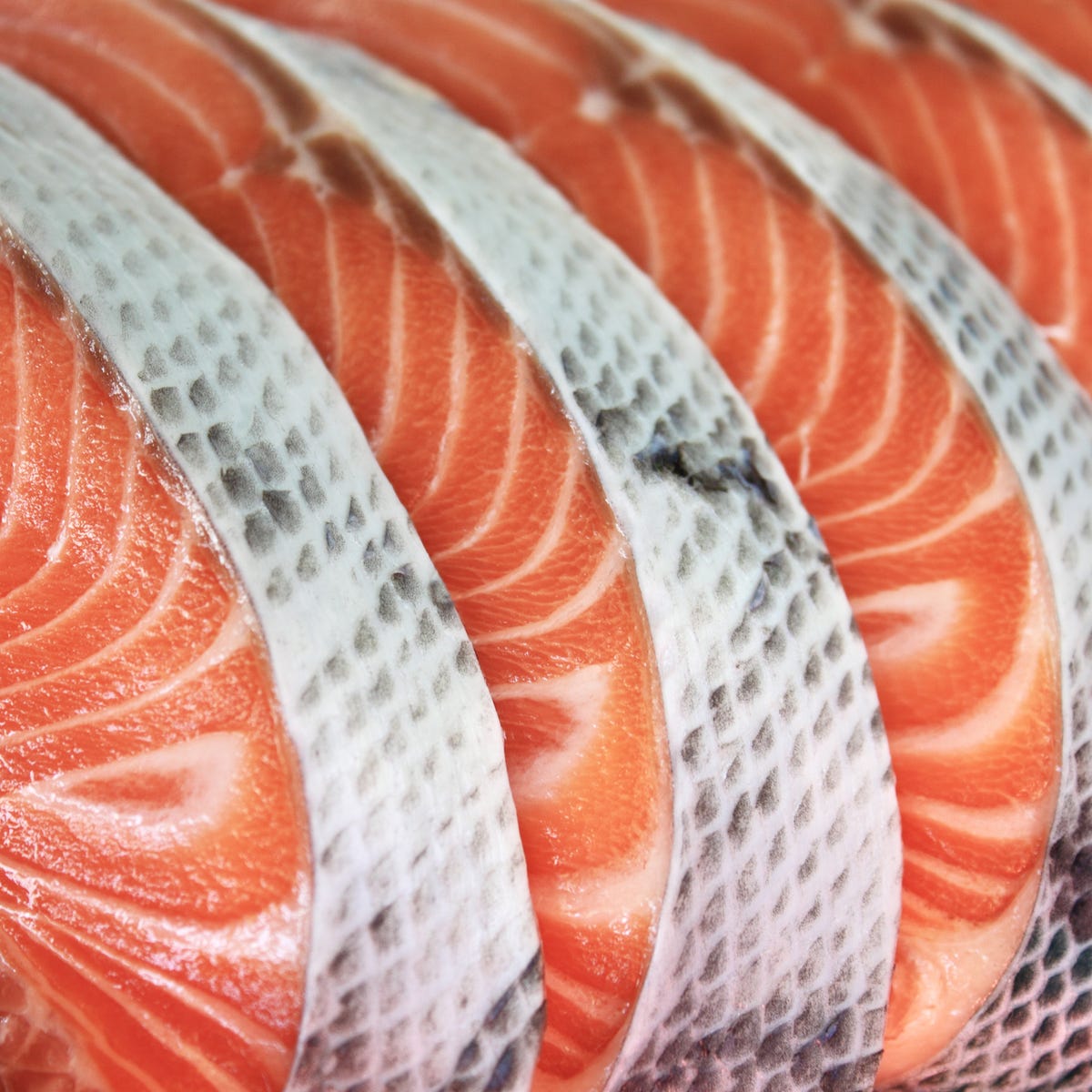How Can I Eat Healthy Without Eating Fish: Tips For A Pescatarian-Friendly Diet
Start Eating Fish Every Day, And See What Happens To Your Body
Keywords searched by users: How can I eat healthy without eating fish i don’t eat fish what vitamins should i take, how to get omega-3 if allergic to fish, foods high in omega-3 not fish, omega-3 foods, omega-3 foods vegetarian, fish oil alternative, mediterranean diet, pescatarian diet
Can I Be Healthy Without Eating Fish?
Is it possible to maintain good health without including fish in your diet? Absolutely. Even if you choose to exclude fish from your meals, there are plenty of alternative sources to ensure you receive essential nutrients such as protein, as well as vitamins A, B, and D. These nutrients can be found in a variety of animal-based foods like beef, lamb, pork, chicken, eggs, and dairy products. However, when it comes to iodine, it can be a bit more challenging to obtain from non-fish sources. One way to ensure sufficient iodine intake is by using iodized salt, which is readily available. Additionally, for those who are open to it, seaweed and algae are rich natural sources of iodine. (Updated: September 17, 2023)
What To Eat If You Don’T Eat Fish?
Not a fan of fish or looking for alternative sources of Omega-3 fatty acids in your diet? We’ve got you covered with these seven foods that are rich in Omega-3s. Omega-3 fatty acids are essential for maintaining good health and are known for their heart-boosting benefits. Here’s a list of options to consider:
-
Walnuts: Walnuts are a great source of Omega-3 fatty acids, making them an excellent choice for those who don’t eat fish.
-
Soybeans: Soybeans are another plant-based option that can provide you with a healthy dose of Omega-3s.
-
Flax seeds: Flax seeds are well-known for their Omega-3 content, and they can be easily incorporated into your daily diet.
-
Eggs: Eggs, particularly those enriched with Omega-3s, can be a convenient way to increase your intake of these essential fatty acids.
-
Chia seeds: Chia seeds are a trendy and nutritious addition to your diet, offering a generous supply of Omega-3s.
-
Cauliflower: While not as high in Omega-3s as some other options, cauliflower can still contribute to your overall intake.
-
Brussels sprouts: Brussels sprouts round out our list, providing yet another vegetable source of Omega-3 fatty acids.
Omega-3s are crucial for various bodily functions, including brain health and inflammation control. So, even if you don’t enjoy fish, you can still maintain a balanced diet with these Omega-3-rich alternatives. (Published on February 20, 2019)
How Can I Get Nutrients Without Eating Fish?
If you’re looking to obtain essential nutrients without consuming fish, there are a variety of vegetarian and vegan sources available. Seaweed and algae, including varieties like nori, spirulina, and chlorella, are rich in vital nutrients and are commonly included in plant-based diets for their health benefits. Another excellent option is chia seeds, which provide a plant-based source of ALA omega-3 fatty acids. Additionally, hemp seeds, flaxseeds, and walnuts are great sources of essential nutrients. For protein, consider incorporating edamame and kidney beans into your meals. Lastly, soybean oil can also be used as a source of healthy fats in cooking and meal preparation. By incorporating these diverse plant-based options into your diet, you can ensure you’re getting the necessary nutrients in the absence of fish.
Top 14 How can I eat healthy without eating fish






Categories: Top 37 How Can I Eat Healthy Without Eating Fish
See more here: muadacsan3mien.com

If you’re taking out fish, it’s important to replace it with another protein source. “[Instead of beef or red meat] incorporate lean protein sources such as chicken, eggs, legumes, beans, nuts, seeds, and dairy into the meal to keep it compliant with the eating plan,” Savage says.If you’re not eating fish but are eating animal foods, it’s easy to get enough protein and vitamins A, B and D from foods like beef, lamb, pork, chicken, eggs and dairy foods. Iodine is a little trickier, but can be obtained from iodised salt, and it occurs in high amounts in seaweed and algae.The answer to the “I hate fish” dilemma is to add flax seed to the menu instead. Flax seed is from the flax plant (Linum Usitatissimum). The seeds of the flax plant have a great amount of alpha linolenic-acids. These acids are the heart healthy plant form of omega-3 fatty acids (and no fishy taste or smell).
- 01/8Foods rich in Omega 3. …
- 02/8Walnuts. …
- 03/8Soybeans. …
- 04/8Flax seeds. …
- 05/8Eggs. …
- 06/8Chia seeds. …
- 07/8Cauliflower. …
- 08/8Brussels sprouts.
- Seaweed and algae. Seaweed, nori, spirulina, and chlorella are different forms of algae that many people eat for their health benefits. …
- Chia seeds. Chia seeds are an excellent plant-based source of ALA omega-3 fatty acids. …
- Hemp seeds. …
- Flaxseeds. …
- Walnuts. …
- Edamame. …
- Kidney beans. …
- Soybean oil.
Learn more about the topic How can I eat healthy without eating fish.
- How to Do the Mediterranean Diet If You Don’t Like Fish
- How to get the nutrients in seafood without eating fish
- Hate fish? Eat these 7 foods to get a healthy dose of Omega 3
- 15 omega-3-rich foods: Fish and vegetarian sources
- How to be healthy when you hate eating fish | The Westfield News
- Can I Get Omega-3s Without Eating Fish? | Sierra Club
See more: blog https://muadacsan3mien.com/category/space-astronomy